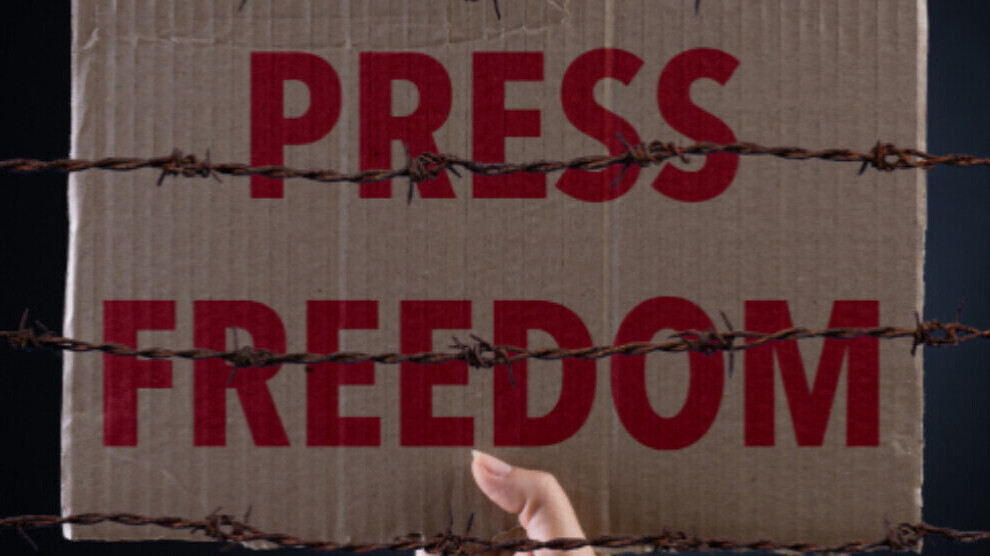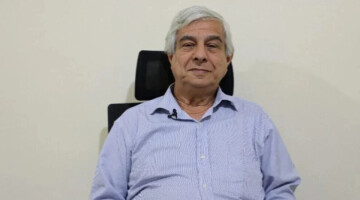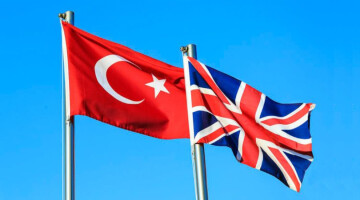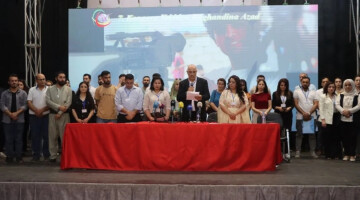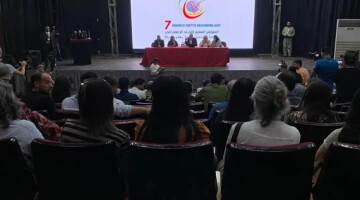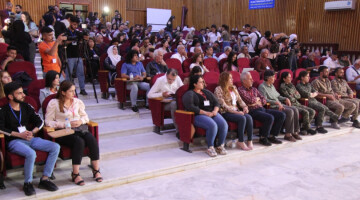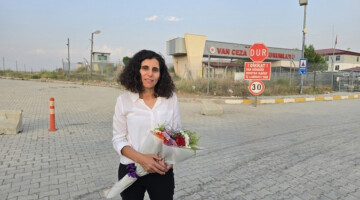A recent study by the Journalists Union of Turkey (TGS) highlights challenges faced by journalists in the country, including low wages, long working hours, mobbing and censorship.
Supported by the European Federation of Journalists (EFJ), the study entitled "Journalism in Turkey: Perception and Profile" provides a deep insight into key findings about various aspects of the profession in the country.
Political and financial problems
The study published by Bianet reveals that over half of the journalists perceive political pressure as the major hurdle impeding their journalistic practice within the country.
Following political pressure, financial sustainability, working conditions, and employer influence are identified as significant challenges. Additional obstacles include difficulties in organizing in professional groups and the diminishing societal reputation of journalism.
Censorship and self-censorship
Among the surveyed journalists, 42.8% reported experiencing censorship, which commonly manifests as non-publication, removal, or alteration of news content.
The study further exposes that women journalists and those below the age of 35 encounter a higher incidence of censorship compared to their counterparts. Political motivations and employer relationships are the primary drivers behind these acts of censorship.
Moreover, the study indicates that 25.3% of journalists frequently or consistently practice self-censorship. Conversely, 36.9% claim they never engage in self-censorship.
One in four journalists consider career change
Worryingly, one in four journalists admitted to contemplating a career change, reflecting the disheartening state of the profession in the country.
Problems with news-gathering
Media professionals also disclosed the numerous challenges they face during the news-gathering process, including legal actions taken against them, restricted access to news sources, physical assaults, and seizure of digital materials.
The study particularly highlights that women journalists endure a higher incidence of these obstacles compared to their male counterparts.
Mobbing
According to the survey, 36.2% of journalists disclosed experiencing instances of workplace mobbing at least once throughout their careers.
Women journalists, younger professionals, those with a bachelor's degree or higher, and individuals working in metropolitan areas reported higher rates of workplace mobbing compared to other groups.
Personal life
Striking a work-life balance and the ability to separate personal and professional lives emerged as significant difficulties faced by journalists. Additionally, limited time for professional development and the prevalence of burnout syndrome were identified as prominent concerns.
A concerning finding shows that 59.1% of journalists expressed their inability to allocate financial resources for personal growth. Among women journalists, this figure climbs to 70.6%.
"No democracy without good journalism"
Commenting on the study's revelations, Mustafa Kuleli, vice chair of the European Federation of Journalists (EFJ), said, "We have a problem that concerns all citizens: Without good journalism, there can be no democracy, and without democracy, the country cannot thrive. In order to improve the quality of journalism, we must first improve the quality of life for journalists.
"This can be achieved through collective efforts with unions. Therefore, I call upon citizens to support journalism by paying for news, encourage journalists to come together, urge employers to abandon their anti-union stance, and call on the government to put an end to its pressure on the media."
Yunus Erduran, the study's consultant, emphasized that the data highlights the growing challenges faced by journalists in Turkey, resulting in a declining reputation for the profession and leading many journalists to consider leaving the field. The study serves as a stark reminder of the increasingly arduous conditions journalists encounter in Turkey.

